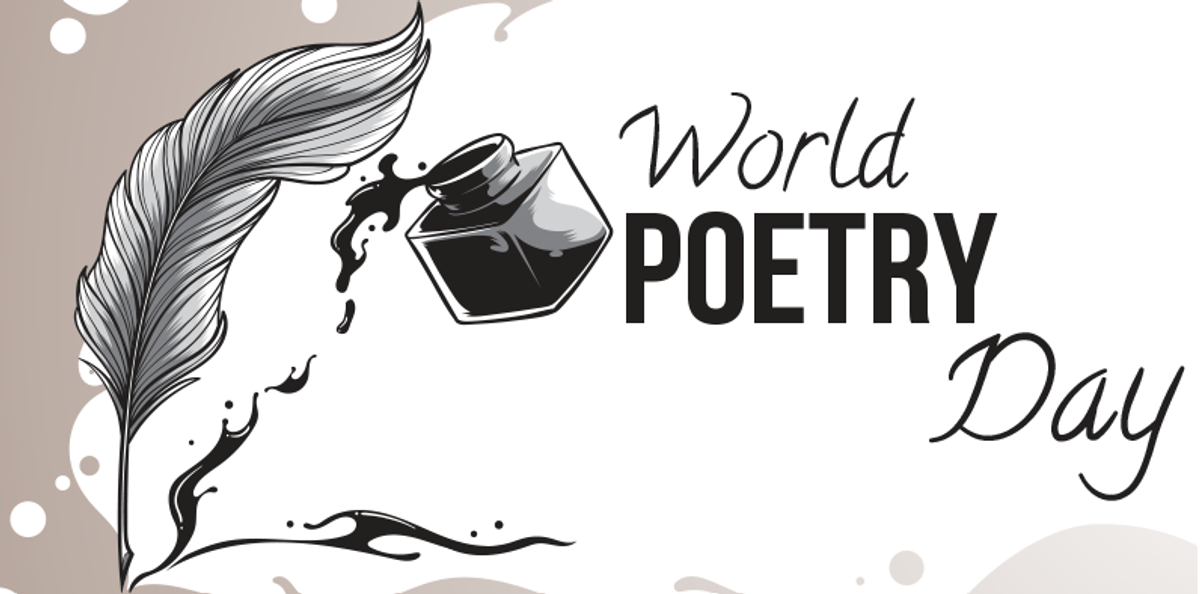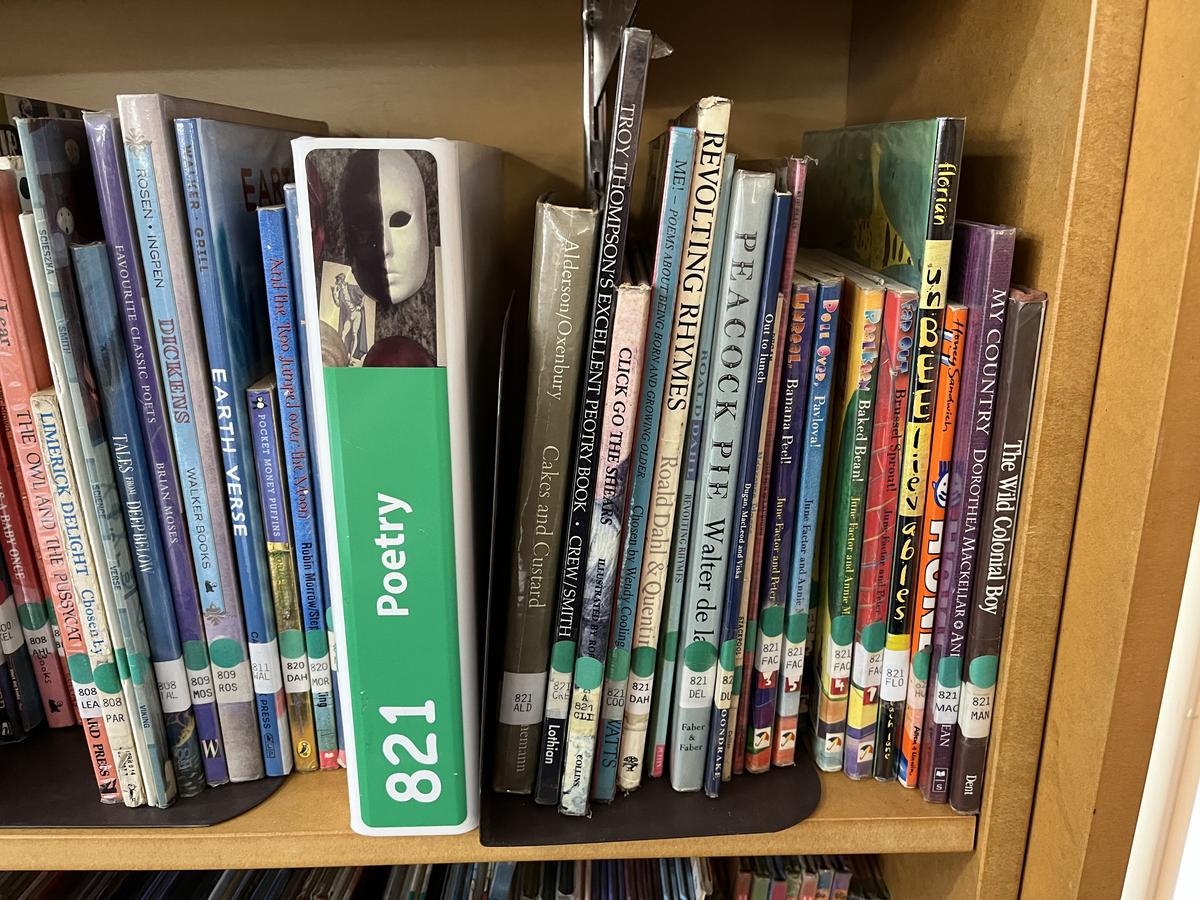Literacy

World Poetry Day
World Poetry Day occurred last week on the 21st of March. Poetry is a much loved and essential part of the school curriculum that students enjoy participating in. To celebrate this occasion, the Literacy newsletter this week will have a poetry focus.
The Power of Poetry
Teachers view poetry as being a powerful method to improve reading and writing. Some of the benefits of learning about poetry include:
- It motivates students to read. Whilst poetry is often short, poetry is still packed with important literary elements such as characters, narrative structure, new words, and sometimes rhyming that can help children build foundational and more advanced literacy skills.
- It teaches young readers about speech. Reading poetry helps children learn about voice, pitch, volume, and inflection. While these are mainly functions of speech, they’re also incredibly important for children learning to read.
- It builds vocabulary. Like any form of reading, poetry can introduce children to new words.
- It encourages creativity. Children have wonderful, active imaginations. Poetry can help children tap into their creativity by encouraging them to think about the new and unexpected relationships between words.
- It is enjoyable to read aloud. Reading poetry aloud, just like reading other genres aloud, can help children improve their literacy skills. When kids read aloud, they think more deeply about the sound of the words they’re saying and therefore improve their reading skills.
Reference- Ally Bush from Reading Partners
Poetry in our Library
Our Library has a whole section devoted to poetry. The books range from the clever and zany Dr Suess picture books to Banjo Paterson's ballads, such as the Man from Snowy River. Encourage your child to visit this section and try exploring some of these texts.
Writing Poetry
Over the course of a Vermont student's time at school, they will typically learn how to write the following types of poems:
- Haikus
- Acrostics
- Couplet poems
- Free Verse
- Ballads
- Limericks
- Cinquain
Your child may mention these at home. If you want to learn more about what they are or try writing some with your child at home, the following website has some guides.
https://poetry4kids.com/lessons/poetry-writing-lessons/
Fortnightly Segments
Comprehension questions to ask at home
This fortnight’s questions are (these could relate to poetry or narrative text types):
- Choose a feeling or emotion expressed in the book. Describe a time you felt that way.
- What is the text theme or moral of your text?
- Can you think of any events in your life that have a similar theme, plot or event?
Writing Challenge
If your child enjoys their writing and is keen to write for enjoyment at home, below is a prompt that you could ask your child to write about.
Write a poem where a boring, everyday experience gets turned into a big adventure.


